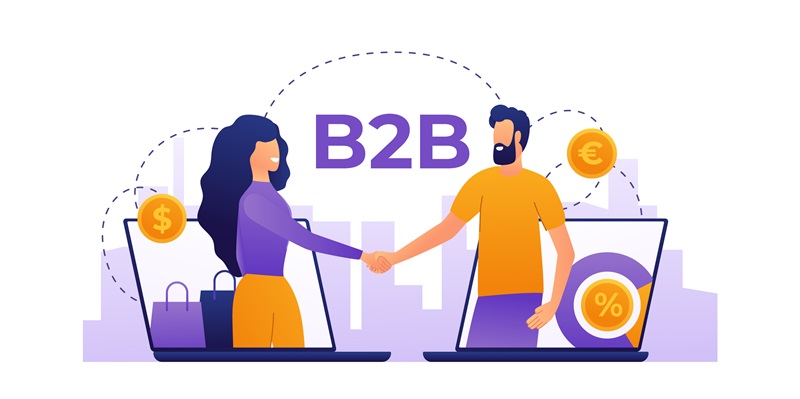In today’s competitive business landscape, customer experience has emerged as a crucial factor in determining the success of both B2B and B2C companies. While traditionally viewed as a priority for B2C businesses, it is increasingly clear that B2B companies must also focus on creating exceptional customer experiences to build lasting relationships and drive growth.
Building Lasting Relationships in B2B
One of the key advantages of a strong customer experience strategy in B2B is the ability to establish long-term partnerships. By providing exceptional experiences at every touchpoint, B2B companies can foster trust, loyalty, and repeat business, ultimately paving the way for sustainable growth.
Understanding the Rational and Emotional Needs of B2B Customers
B2B customers are not purely rational beings; they also have emotional needs that play a significant role in their decision-making process. It is essential for B2B companies to recognize these converging rational and emotional needs and tailor their offerings and communication accordingly. By understanding the emotional triggers that influence B2B purchasing decisions, companies can effectively position their products and services to resonate with customers on a deeper level.
Key Benefits of Products and Services
To appeal to B2B customers, it is vital to have a deep understanding of the benefits that your products and services bring to the table. As B2B buyers focus on achieving specific goals or overcoming challenges, they seek solutions that deliver tangible value and address their pain points. Clearly articulating the unique advantages and value propositions of your offerings is crucial to winning over B2B customers.
Shifting Preferences in the B2B Sales Process
In an era of digital transformation and self-service empowerment, the B2B sales process is evolving. Research shows that three in four B2B buyers prefer a sales experience that is free from direct sales representatives. This preference underscores the need for B2B companies to invest in digital channels and self-service options that allow customers to research, evaluate, and make informed decisions independently.
The Power of First-Party Data in B2B Marketing
In the realm of B2B marketing, first-party data is a valuable asset. By collecting and analyzing data obtained directly from customers and prospects, businesses can gain deep insights into their behaviors, preferences, and needs. This data serves as the foundation for targeted marketing campaigns and personalized experiences, enabling companies to deliver the right message to the right audience at the right time.
Leveraging Emotional Triggers in B2B Purchasing Decisions
A robust first-party data strategy empowers B2B companies to identify and respond to the emotional triggers that drive purchasing decisions. By analyzing customer data, businesses can uncover patterns and signals that reveal the emotions influencing customers’ buying choices. Armed with these insights, companies can tailor their marketing messages and customer interactions to resonate emotionally with their target audience, thereby increasing the likelihood of conversion and customer loyalty.
Real-Time Insights through Continuous Data Collection
The collection of first-party data offers an invaluable advantage by providing real-time insights into marketing efforts. By continuously collecting and analyzing customer data, businesses can adapt their strategies and campaigns based on up-to-date information. This agility allows for nimble decision-making, optimization, and the ability to seize emerging opportunities in the market.
Transforming Customer Experience Strategies for Growth
B2B companies that have prioritized and transformed their customer experience strategies have not only witnessed an increase in client satisfaction scores but have also experienced substantial revenue growth. By investing in technologies, training, and processes that enhance the customer experience journey, these companies have set themselves apart from their competitors, resulting in improved customer retention, increased referrals, and expanded market share.
Meeting the Needs of B2B Customers
At the core of a strong B2B customer experience is a commitment to meeting customers’ needs. By continually listening to and understanding customer requirements, businesses can proactively address pain points, anticipate future needs, and deliver personalized solutions and support. Whether it involves providing exceptional customer service, offering customized products, or ensuring timely delivery, meeting and exceeding customer expectations is vital for building trust and loyalty in the B2B space.
In the increasingly interconnected and customer-centric business landscape, the importance of customer experience in B2B cannot be understated. From building lasting relationships and leveraging first-party data to understanding emotional triggers and meeting customer needs, a strong customer experience strategy is central to driving growth and staying ahead of the competition. By prioritizing and investing in customer experience, B2B companies can cultivate a customer-centric culture that resonates with their target audience, ultimately leading to sustained success.

